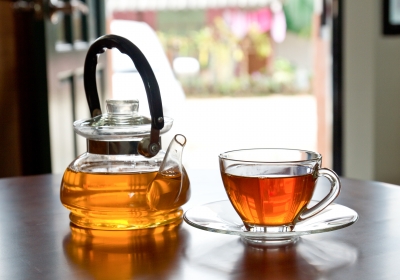Toxicity in Tea: Study
August 12, 2014 | Tuesday | News | By BioSpectrum Bureau
The NGO studied a sample of 49 branded packages of tea
According to a latest Greenpeace India study, leading tea brands sold in India, both national and international, have identified the presence of pesticides that WHO has classified as both highly and moderately hazardous, and added that tea cultivation in India is on a pesticide treadmill.
The NGO studied a sample of 49 branded packages of tea from eight of the 11 companies that dominate the Indian market and which also export tea. The samples were taken from Mumbai, Delhi, Kolkata and Bangalore, and sent to a certified laboratory in Europe for testing.
"The pesticides result in both acute and chronic toxicity. Acute toxicity is a result of direct contact with the pesticides, and is seen in farmers and tea cultivators who experience body ache, respiratory and skin problems. Chronic impacts are seen with low doses over a long period of time. Pesticides consumed in this manner can be potentially carcinogenic, affect hormones as well as the reproductive system," said Ms Neha Saigal, senior campaigner, Greenpeace India.
The study highlighted, "A large number of the samples tested positive for a cocktail of toxic pesticides. DDT was present in almost 67 percent of the tea samples, even though it is no longer registered for use in agriculture."
The Tea Board of India released a statement that stated, "Indian teas are well regarded the world over and are totally safe following stringent standards." It added that the industry, led by the Board, has been taking steps to make tea cultivation more sustainable and reduce reliance on synthetic plant protection products.









